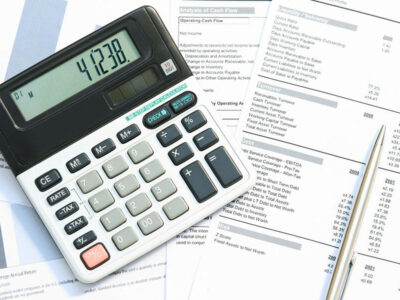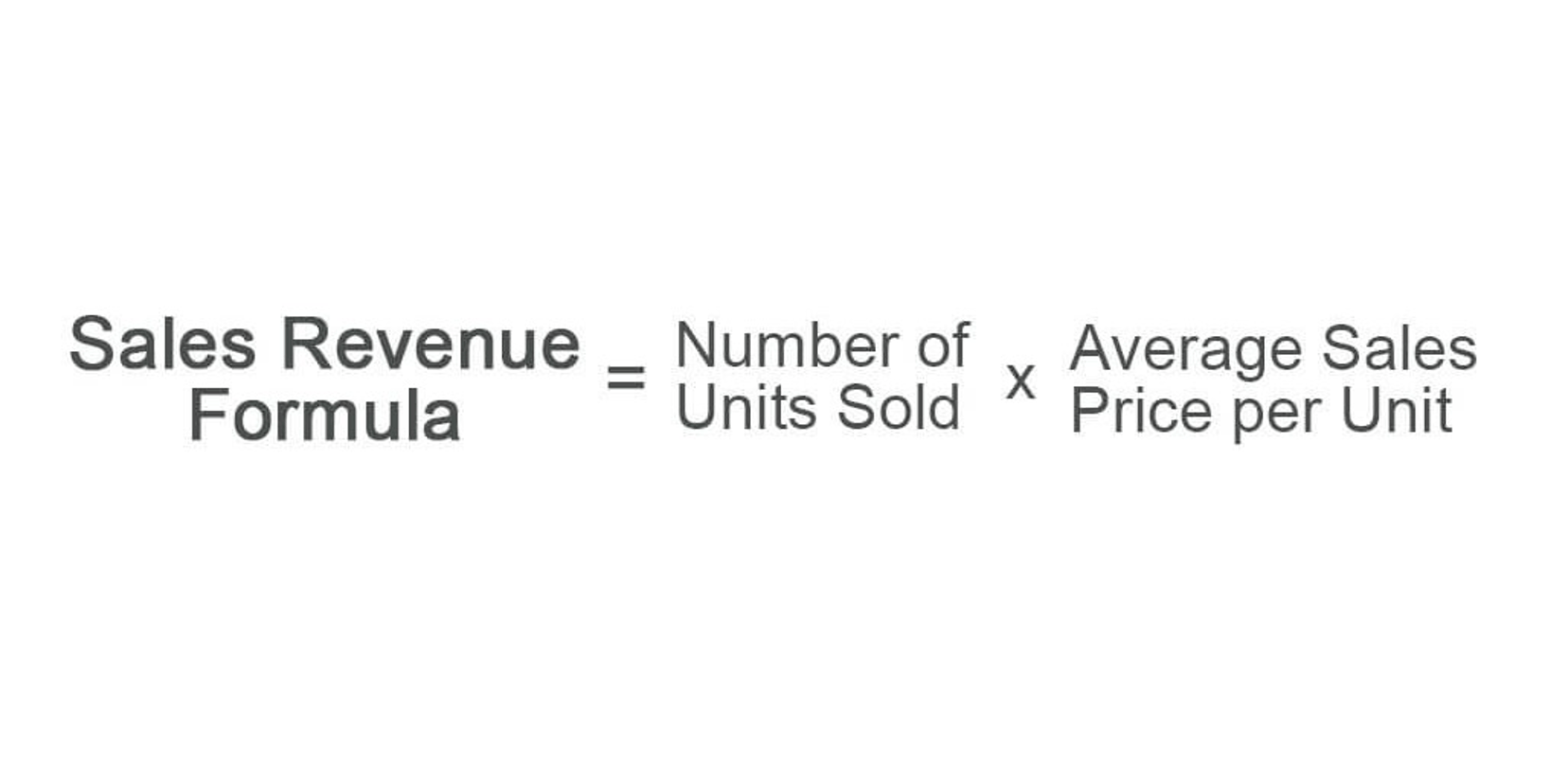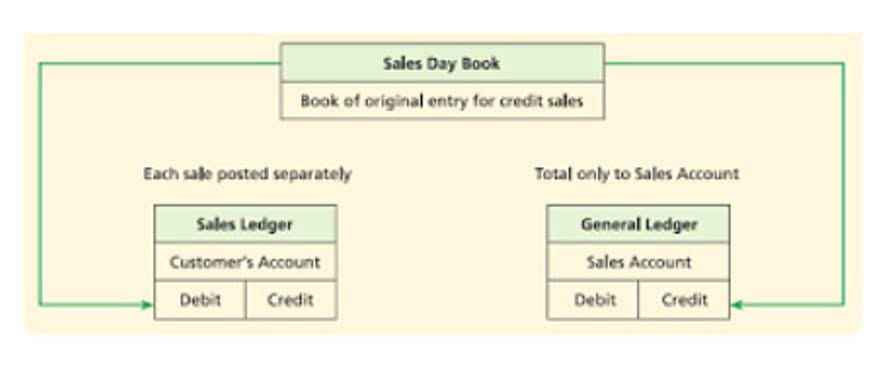No products added!

Wealthier individuals and households would reach to the millions. If you see “one quintillion,” you know that it’s a lot – and have spatial awareness of what it represents. This methodology differs from everyday slang, which takes the first letter from each word as the primary abbreviation. The prevailing thought as to why Romans used letters to represent numerical values instead of numbers involves the fingers on a person’s hand. This underscores how deeply ingrained MM is across major financial organizations.

Conclusion: An Enduring Convention
Organizations like the International Financial Reporting Standards (IFRS) emphasize the need for consistent and comparable financial statements. By adopting “MM,” companies can ensure that their financial reports meet these standards, enhancing their credibility and attractiveness to global investors. The industrial revolution further accelerated the adoption of “MM” in financial reporting. As businesses grew in scale and complexity, the volume of financial data increased exponentially. The need for efficient and standardized reporting methods became more pressing, and “MM” emerged as a practical solution. It allowed accountants and financial analysts to present large figures in a more digestible format, facilitating better decision-making and financial planning.
What Does “MM” Mean?
This is particularly important in cross-border transactions and investments, where accurate financial information is crucial for decision-making. The term MM is used in the finance world to denote one million and is a standard nomenclature used across the globe. It is commonly used in financial documents, contracts, and communication, especially those regarding large monetary amounts. The finance term MM, denoting ‘Million’, is important due to its wide usage in financial documents, reports, and communications to represent large quantities of money. Large enterprises often present their financial statements and other reports with the figures in the millions, i.e., and they use ($ MM).
What does “MM” mean in this context?
When two Ms are together (MM), it indicates 2,000 when using this methodology for expressing numbers. To avoid confusion, the term $1MM is often used to designate a million, while the generic “MM” represents 2,000. To avoid confusion, use any and all abbreviations consistently throughout all your financial records.

- The government might have a program that needs $50 billion in funding.
- However, it’s important to note that it may be less known in areas where the use of Roman numerals is not common and in non-English speaking countries who may use other abbreviations.
- If you have to spend time counting how many zeroes are after a number to understand the full amount, it’ll take extra time to understand what is being communicated to you by an accountant.
- If net income runs to $6,500,000, it goes on the books as $6.5MM.
- The same principle applies to millions and billions when dealing with financing and accounting terms.
- The prevailing thought as to why Romans used letters to represent numerical values instead of numbers involves the fingers on a person’s hand.
These abbreviations simplify the reading and comprehension of financial documents. If you have to spend time counting how many zeroes are after a number to understand the full amount, it’ll take extra time to understand what is being communicated to you by an accountant. In various aspects of finance such as budgeting, financial analysis, reporting, and forecasting, the use of MM aids in ensuring accuracy and precision. “M” is the most common abbreviation for “million.” If you’re going to abbreviate “million,” it would usually turn into this form. It makes the most sense considering that “million” starts with the letter “M.” Most abbreviations follow this standard practice. Later on, the rise of typewriters and early digital spreadsheets continued this practice of using M and MM abbreviations.
What Does “MM” Stand for in Dollars?
This uniformity is what does mm mean in business crucial for analysts and investors who rely on these documents to make informed decisions. For example, when comparing financial statements from different companies, the use of MM ensures that figures are easily comparable, reducing the risk of misinterpretation. The choice between “M” and “MM” can also be influenced by regional practices and industry standards.

Why Do Accountants Abbreviate Long Numbers?
You might https://www.bookstime.com/ come across “mm” in scientific or engineering fields, where different values are required, and they can reach well into the millions as a unit. However, it’s fairly uncommon for “Million” to be abbreviated outside of scientific circles. Most native speakers wouldn’t care much about “million” as an abbreviation because they won’t often come across the number in their daily lives. “mm” (which is usually kept in the lower case) is an old-fashioned abbreviation that doesn’t see much common usage.

- This shorthand is particularly useful in simplifying the presentation of large figures, making financial documents more readable and less cluttered.
- You won’t typically see the power of 10 rule applied to financial documents today.
- If, say, you use it for both units and dollars in the same document, separate the different categories so your readers don’t get confused.
- Connect and share knowledge within a single location that is structured and easy to search.
- This usage is prevalent in various industries and contexts, particularly in the United States, where it simplifies the representation of large numbers without overwhelming the reader with zeros.
That letter isn’t Greek or Roman, but the average reader would likely understand the concept. You’d look for a G or MMM in the world https://www.instagram.com/bookstime_inc of financial analysis and accounting. If you had a commercial property valued at $92 million, a modern writer would likely abbreviate the expression by saying it was worth $92M. In accounting and financial analysis terms, we know that reads as 92 thousand dollars, but the context allows us to understand the expression’s intent. In accounting speak, a written “MM” means a million, whether the accountant is referring to units, dollars, euros or shares. Rather than writing $400,000,000 or $400 million, the accountant can use the MM abbreviation and write $400MM instead.
